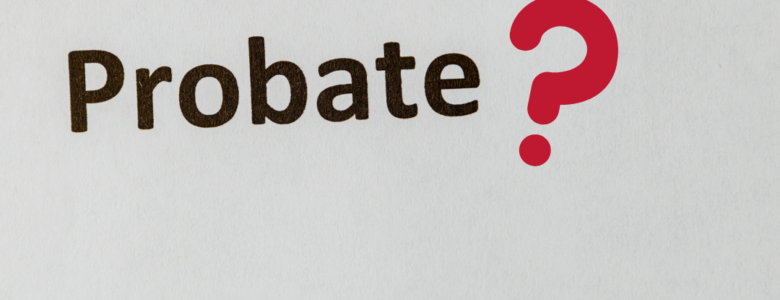The world of personal finance can often seem like a labyrinth, particularly when it involves matters of estate planning, such as probate. One area that often confuses many is the intersection between reverse mortgages and probate. In this article, we aim to unravel the mystery and explore the key question: does a reverse mortgage pass through probate? Let’s dive in and learn more about these intricate processes.
A reverse mortgage is a loan product available to homeowners aged 62 years and above, allowing them to tap into their home equity while retaining ownership. The funds can be used for any purpose, making it an attractive option for many seniors. However, understanding what happens to this mortgage when the borrower passes away is equally important.
Probate, on the other hand, is a legal process that occurs after someone dies. It includes identifying and gathering the deceased’s assets, paying their debts, and distributing the remaining assets to their heirs or beneficiaries. One might wonder how these two financial elements intertwine.
Reverse Mortgages and Probate: The Basics
When the last surviving borrower of a reverse mortgage dies, the loan becomes due and payable. The heirs or estate executor have a few options:
- Pay off the loan balance and keep the home.
- Sell the home to pay off the loan.
- Walk away and let the lender foreclose.
If the heirs choose to keep or sell the home, they’ll need to pay off the loan balance. The reverse mortgage does not “pass through” probate in the same way that other assets do, but the estate executor will need to address the loan during the probate process.
Impact of Reverse Mortgage on the Estate
The reverse mortgage’s balance includes the total amount of funds the borrower received, plus accrued interest and mortgage insurance. When the borrower dies, the heirs or the estate executor must notify the lender, who will then conduct an appraisal to determine the home’s current market value.
Here’s where it can get a bit tricky: if the reverse mortgage balance is less than the home’s appraised value, the heirs can sell the house, repay the loan, and pocket the difference. But if the loan balance is more than the value of the home, the estate or the heirs aren’t responsible for the difference. This feature is what’s referred to as a “non-recourse loan.”
In the case where the reverse mortgage balance exceeds the home’s value, the lender will claim the loss from the Federal Housing Administration (FHA) because most reverse mortgages are Home Equity Conversion Mortgages (HECMs), which are federally insured.
Reverse Mortgages and Probate: The Intersection
So, back to our initial question: does a reverse mortgage pass through probate? The answer is complex.
While the reverse mortgage itself doesn’t directly pass through probate, the property that secures the loan may have to. Should heirs opt to sell the property to offset the reverse mortgage balance, the sale becomes part of probate. If they keep the property and repay the reverse mortgage, the title transfer happens through probate.
In cases where the borrower dies intestate (without a will), the probate court will decide how to distribute the deceased’s assets, including the home. If the borrower has a valid will or a living trust, the property can avoid probate.
How to Navigate Through
It’s crucial for heirs to know their options when dealing with a reverse mortgage after the borrower’s death. Timely communication with the lender is crucial. Typically, heirs get six months to decide on property disposition. Under certain conditions, they could secure two three-month extensions.
Probate laws differ significantly across states. Hence, consulting a probate attorney, well-versed with laws in the property’s state, can be beneficial.
Navigating the intersection between reverse mortgages and probate can be intricate. However, comprehension of these complexities can prevent stress and potential financial loss. Remember, heirs owe no more than the home’s value when settling a reverse mortgage in probate.
With this understanding, you can approach the subject of reverse mortgages in probate with more confidence. As always, it’s wise to consult with a professional estate planner or attorney when navigating these sometimes tricky waters.








